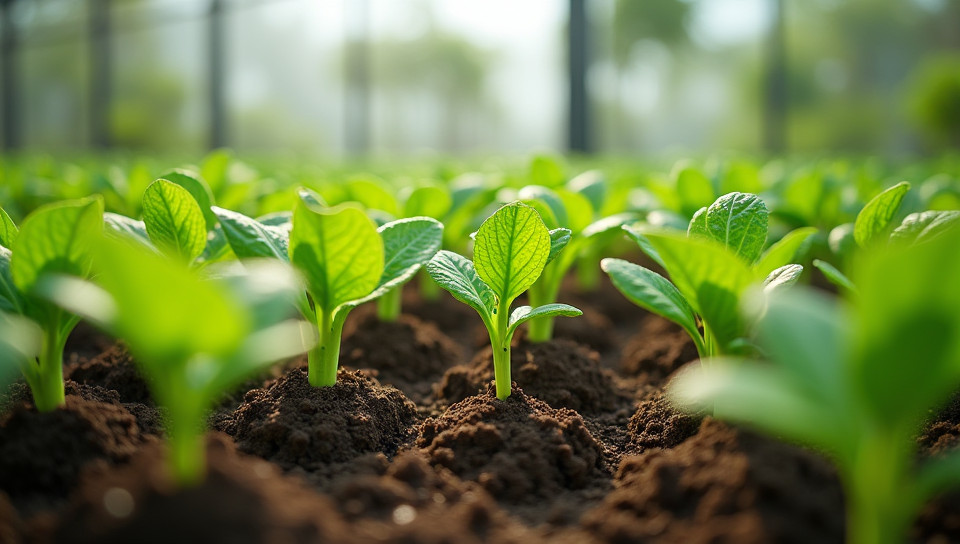Hydroponics requires a soil substitute 57%

The Future of Farming: Why Hydroponics Requires a Soil Substitute
As the world's population continues to grow, so does our need for sustainable and efficient ways to produce food. One method that has gained significant attention in recent years is hydroponics – a technique that allows plants to thrive without soil. While traditional farming relies heavily on soil as a medium for plant growth, hydroponics requires a more precise approach. In this article, we'll explore why hydroponics demands a soil substitute and what benefits it brings to the table.
What is Hydroponics?
Hydroponics is a method of growing plants in a nutrient-rich solution rather than soil. This allows for greater control over the nutrients available to the plants, resulting in faster growth rates and higher yields. However, this also means that hydroponic systems require a constant supply of these essential nutrients.
The Problem with Traditional Soil
Traditional soil has its limitations when it comes to plant growth. It can be nutrient-poor, prone to erosion, and susceptible to disease. In addition, traditional farming methods often rely on heavy machinery and chemical fertilizers, which can have negative environmental impacts.
- Lack of control over nutrient levels
- Limited water retention
- Potential for soil-borne diseases
- Soil degradation due to intensive farming practices
The Benefits of a Soil Substitute in Hydroponics
A soil substitute is essential in hydroponic systems as it provides a controlled environment for plant growth. This can be achieved through various mediums such as clay pebbles, rockwool, or coco coir. These materials offer improved water retention, increased oxygen levels, and reduced risk of disease.
Conclusion
In conclusion, hydroponics requires a soil substitute due to its precision-demanding nature. By providing a controlled environment for plant growth, we can optimize crop yields while minimizing the environmental impact of farming practices. As the world continues to evolve, it's clear that hydroponics will play an increasingly important role in meeting our global food demands.
- Created by: Susan Gutierrez
- Created at: Feb. 1, 2025, 11:30 a.m.
- ID: 19804




